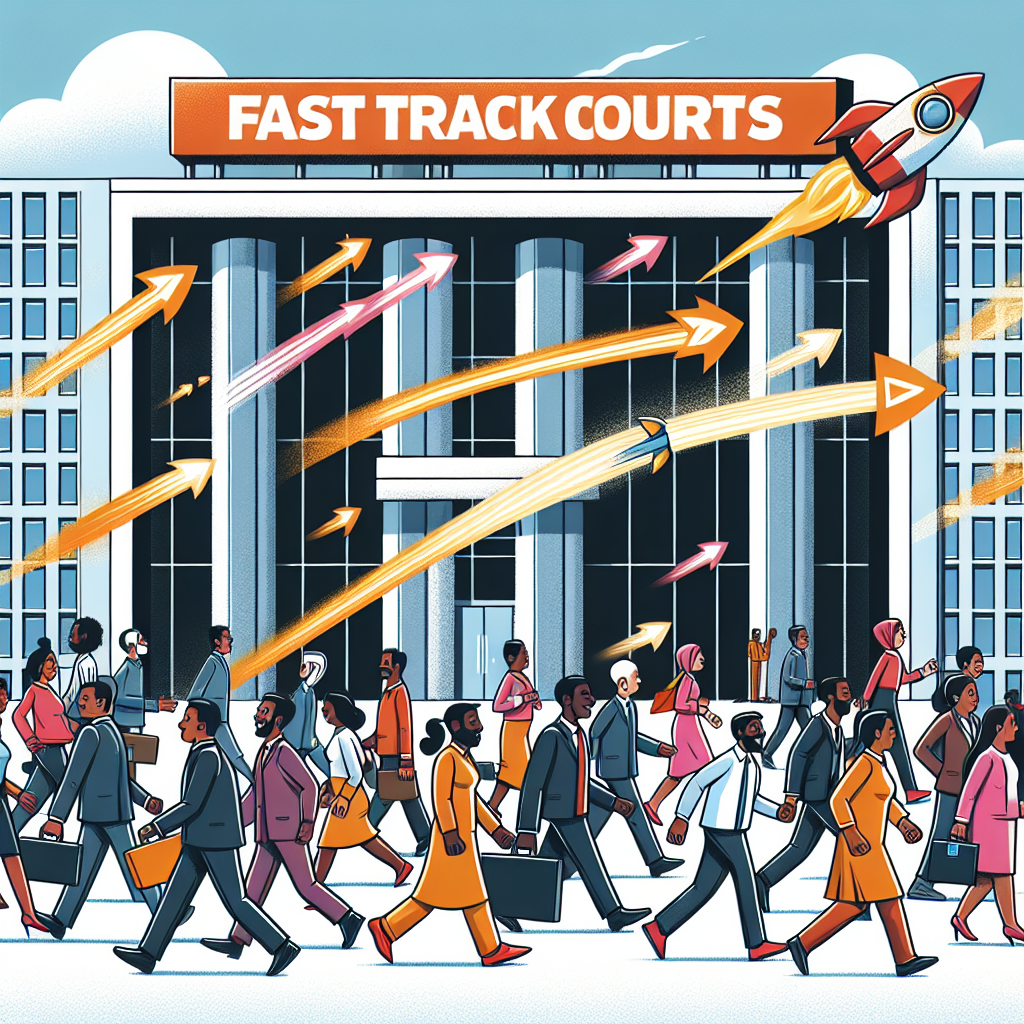Advisory Group Report on Fast-Track Projects Published to Ensure Conflict of Interest Transparency
The Fast-track Approvals Bill, originally introduced with two project schedules, aimed to fast-track infrastructure projects with significant national or regional benefits.

- Country:
- New Zealand
342 projects recommended by Advisory Group, 149 selected for Fast-Track Approvals Bill, with Ministers taking precautions to avoid conflicts of interest during decision-making.
The Government has released the independent Advisory Group’s report detailing the 384 projects that applied for inclusion in the Fast-track Approvals Bill, alongside further information on how Ministers managed conflicts of interest throughout the policy development process, Infrastructure Minister Chris Bishop announced today.
Independent Advisory Group’s Recommendations
The full report, now available on the Ministry for the Environment’s website, includes the complete list of projects that applied for fast-tracking and the Advisory Group’s recommendations. Of the 384 projects submitted, 342 were recommended for inclusion by the independent Advisory Group.
The Fast-track Approvals Bill, originally introduced with two project schedules, aimed to fast-track infrastructure projects with significant national or regional benefits. Schedule 2A was designed for projects ready to start the consenting process as soon as the Bill was passed, while Schedule 2B was meant to confirm the benefits of other projects seeking ministerial approval at a later stage.
However, following the Advisory Group’s recommendations, the Government decided to simplify the Bill. Minister Bishop explained, “Many of the projects were deemed suitable for immediate inclusion in Schedule 2A, making Schedule 2B unnecessary. We will amend the Bill to remove it.”
Cabinet ultimately included 149 of the 342 recommended projects after assessing the capacity of expert panels to review them. Minister Bishop emphasized that the exclusion of certain projects from the Bill is not a reflection of their quality or a sign that they won’t be considered for fast-tracking in the future.
Conflict of Interest Management
The Government also revealed details on how conflicts of interest were managed during the decision-making process. Ministers responsible for assessing the projects—Infrastructure Minister Chris Bishop, Transport Minister, and the Minister of Regional Development—followed strict protocols to avoid any perceived or actual conflicts of interest.
Ministers sought advice from the Cabinet Office and implemented conflict management plans as needed. Each Minister was assigned specific sectors for assessment, with Bishop overseeing Housing and Land Development, and Infrastructure (excluding transport and energy); the Transport Minister handling Transport and Energy projects; and the Regional Development Minister assessing projects in mining, aquaculture, and farming.
Ministers recused themselves from decisions where conflicts arose. Minister Shane Jones, for instance, declared conflicts with eight projects, transferring his responsibilities to Minister Potaka. These projects included applications from Te Aupouri Fisheries Management Ltd, James Murray Aquaculture Ltd, Taharoa Ironsands Ltd, and others.
Minister Bishop recused himself from considering Winton Land Limited’s Sunfield development in Auckland, passing responsibility to Minister Brown due to a prior public endorsement of the project.
All final project decisions were reviewed by the Cabinet Committee and Cabinet, with Ministers declaring any relevant conflicts of interest and abstaining from discussions as necessary.
The Fast-track Approvals Bill, which will soon be amended, is designed to accelerate critical infrastructure projects that offer national and regional benefits, boosting New Zealand's economy and addressing pressing development needs. The transparent handling of conflicts of interest reflects the Government's commitment to fairness and integrity in the decision-making process.
- READ MORE ON:
- Fast-track Approvals Bill
- Chris Bishop










